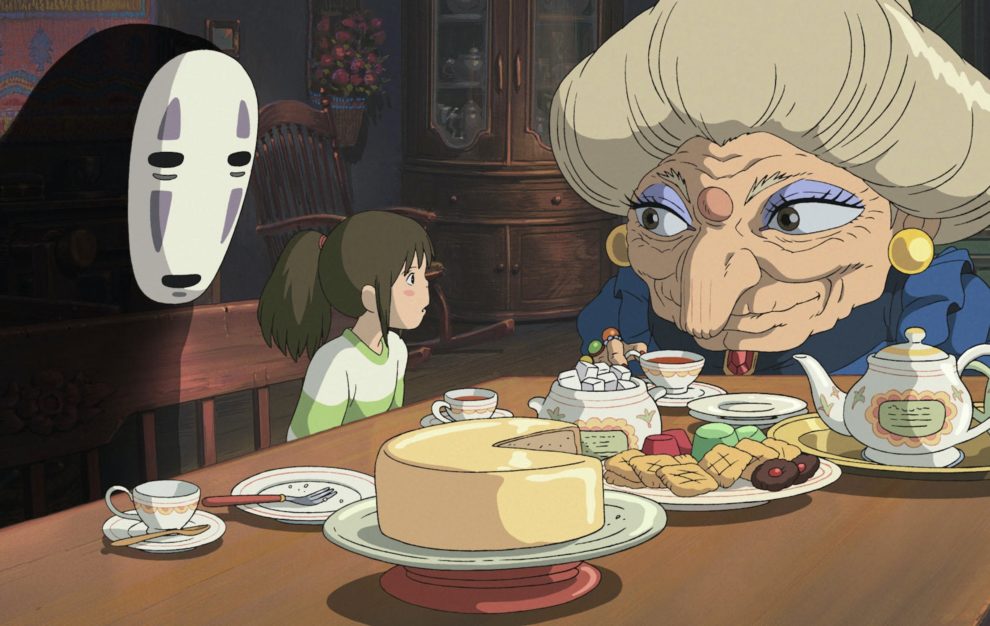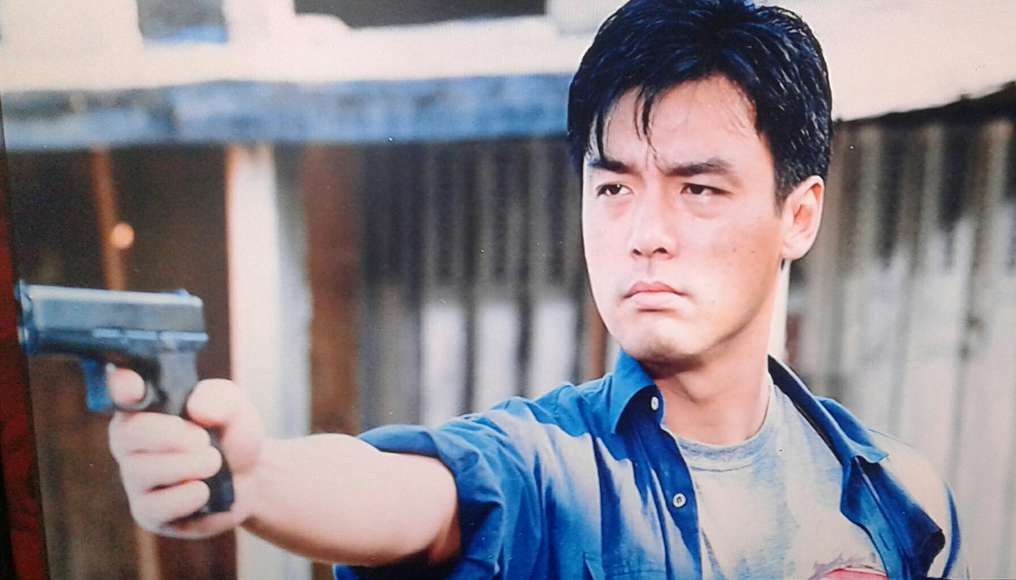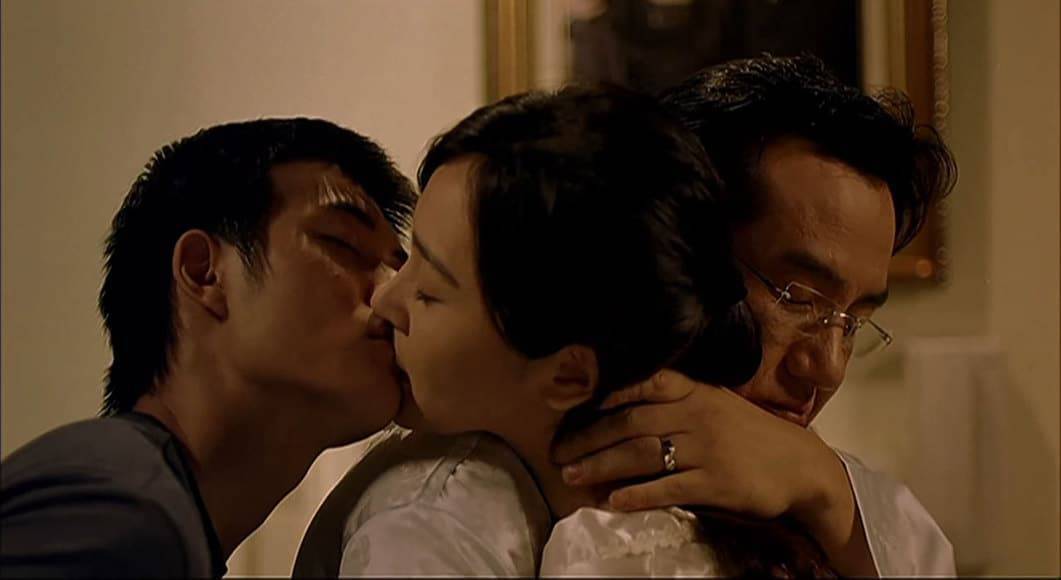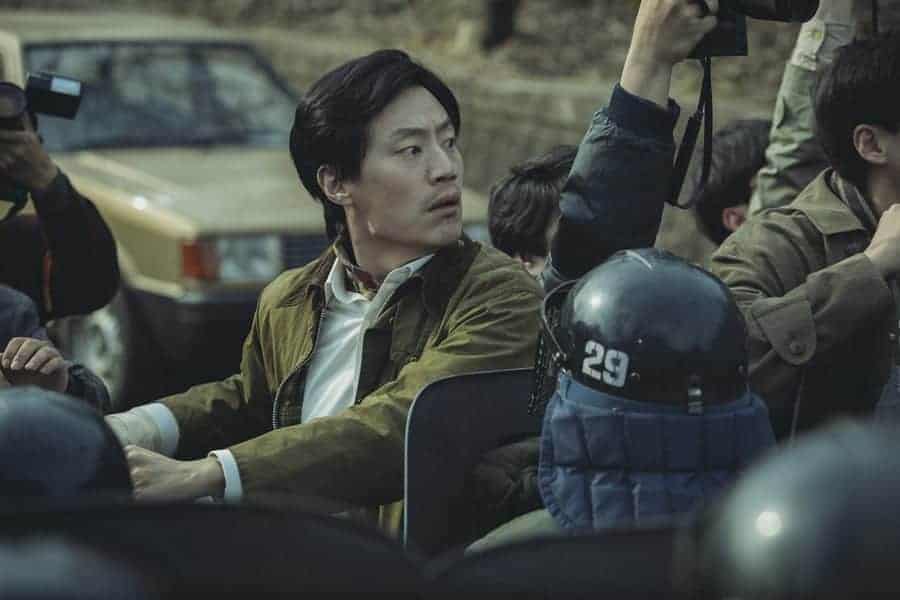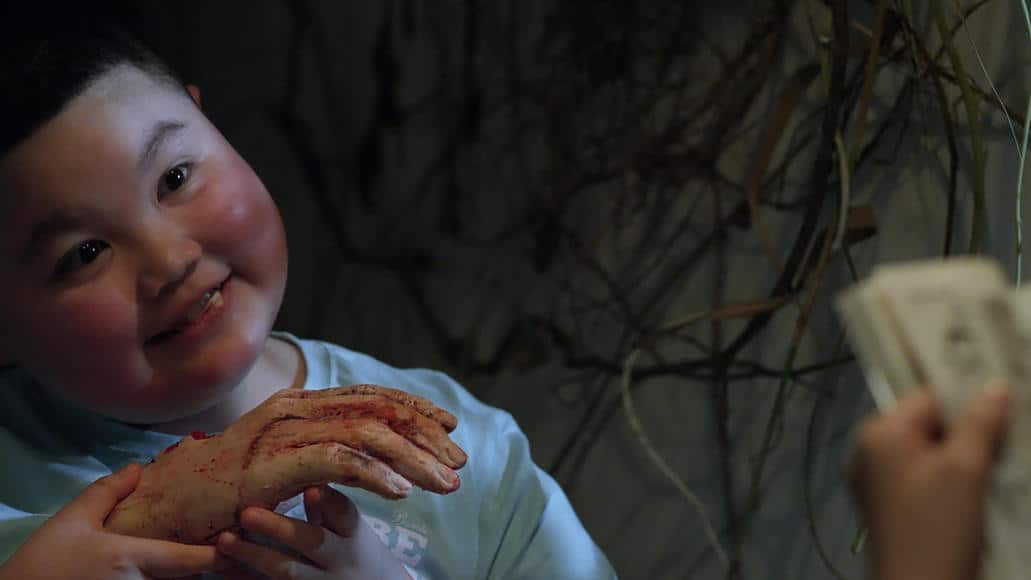Asian Movie Pulse's tribute to anime gave me an excuse to revisit “Spirited Away”, often dubbed as one of the greatest anime movies of all time. Iconic Studio Ghibli's production, which with Oscar (and a bag of other awards) reached a worldwide audience. I remember falling in love with the film at the very first viewing and still adoring it when re-watching it on several other occasions. I remember experiencing it with all senses, captivated by the enthralling and sumptuous vision and the story itself.
Buy This Title
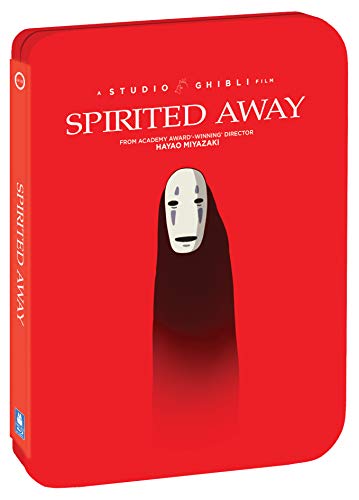
But two decades have passed since the premiere. 20 years are a lot in a culture – everchanging, juggling with new tropes and re-telling and re-interpreting the old ones. 20 years is also a lot for a movie watcher – as you build your experience, knowledge and narrative structures that once appeared innovative, lose their shine with time. During this first viewing of Japanese cinema, with its rich animation tradition, was mostly a Terra Incognita for me, so the grace of freshness was also involved.
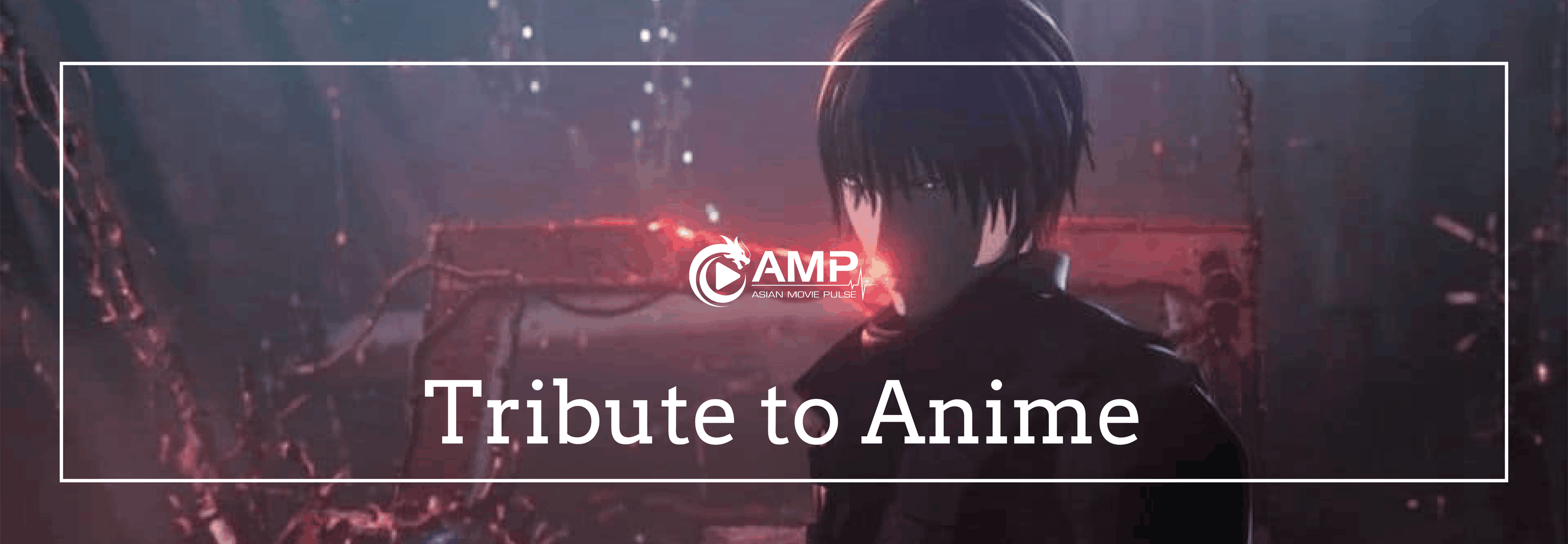
But Hayao Miyazaki's classic hasn't cloyed a bit and still stuns. Once again following the story of a little girl Chihiro, who accidentally enters enchanted realm, and consequently needs to discover its rules and laws to rescue her parents, gave me a unique sense of bewilderment and wonder. The sense, which is such a natural part of a child's perception of the world. The world of a child's imagination follows the logic of a dream, defying the limitations of space, time, or logic. It shuns away from a scientific approach, where everything needs a grounded, down-to-earth explanation.
Miyazaki came up with the story idea, having the 10-year old daughter of his friend in mind. He wanted to create a quality tale appealing to this age group, which gave it great strength. However, “Spirited Away”, while being an excellent film to watch with a kid, is no less magical for an adult. The director's imagination is nothing short of amazing. The story unwinds with an unhurried pace, letting characters, and viewers alike, just immerse in silence, admiring nature's beauty or magical realm's wonders. Every time you think that a creature or a scene you have just seen is the most dazling so far, something new, even more, electrifying is just around the corner. From enigmatic No Face God, through steampunk-ish spider-like Kamajī, white dragon or Yubaba, a part-time witch, part-time owl, or fluffy crawling pitch-black critters – this is an exceptional carnival of wit and ingenuity.
“Spirited Away”, despite being deeply rooted in Japanese culture and carrying some codes unreadable for an outsider, at the same time draws from an endless ocean of widely-recognized literary traditions. You'll hear echoes of e.g. F.H. Burnett's “Secret Garden”, L. Carolls's “Alice Adventures in Wonderland” or folk fairy tales. Yubaba stripping Chihiro of her real name will remind of Le Guin with her Earthsea cycle (as well as plenty of traditions that inspired the writer). Familiar and unfamiliar entwine into an alluring combination. Chihiro herself is a unique character. She isn't there to become the mysterious kingdom's savior (and there are no black and white heroes and villains). For some critiques, she seems selfish and pampered. But her experiences don't alter her into a sweet little angel like it happens in preachy stories, it gives her more confidence and maturity. When I think of her journey, the most adequate summation comes from a wonderful prologue penned by notable winner writer Peter Handke, which opens Wim Wenders “Wings of Desire”.
When the child was a child, /It was the time for these questions:
Why am I me, and why not you? /Why am I here, and why not there?
When did time begin, and where does space end? / Is life under the sun not just a dream?
Is what I see and hear and smell / not just the reflection of a world before the world?
Is there really such a thing as evil, and people / who really are the Bad Guys?
How can it be that the I, who I am,/ didn't exist before I came to be,
and that, someday, the I who I am,/ will no longer be who I am?
You can read “Spirited Away” on different levels. You may just follow the story, admiring its adventurous and imaginative qualities. You may watch it through the lens of coming of age story – as unusual as this one is, since in Chihiro's work in Yubaba's bath for Gods you can see the process of emancipation and gaining independence from parental care. Some researchers noted references to serious issues like child prostitution. And some mentioned the criticism of consumer society. The world of ‘Spirited Away” is the world of constant transitions and transformations, where reality is deceptive and the actual nature of things may appear different – what opens interesting philosophical contexts. As with every notable work of art, the movie remains open for discussions and interpretations, even those not intended by the auteur. Watched today, it strikes with addressing some up-to-date issues – like environmental matters.
And last but not least, what we have to mention – the mastery and beauty of every frame. The richness, attention to detail even in corners, color composition, usage of space – all hand-crafted and later digitized. You find dedication, heart and soul in every technical aspect. A cliché to say, but “Spirited Away” is not just a great anime movie. It is simply a great movie.


